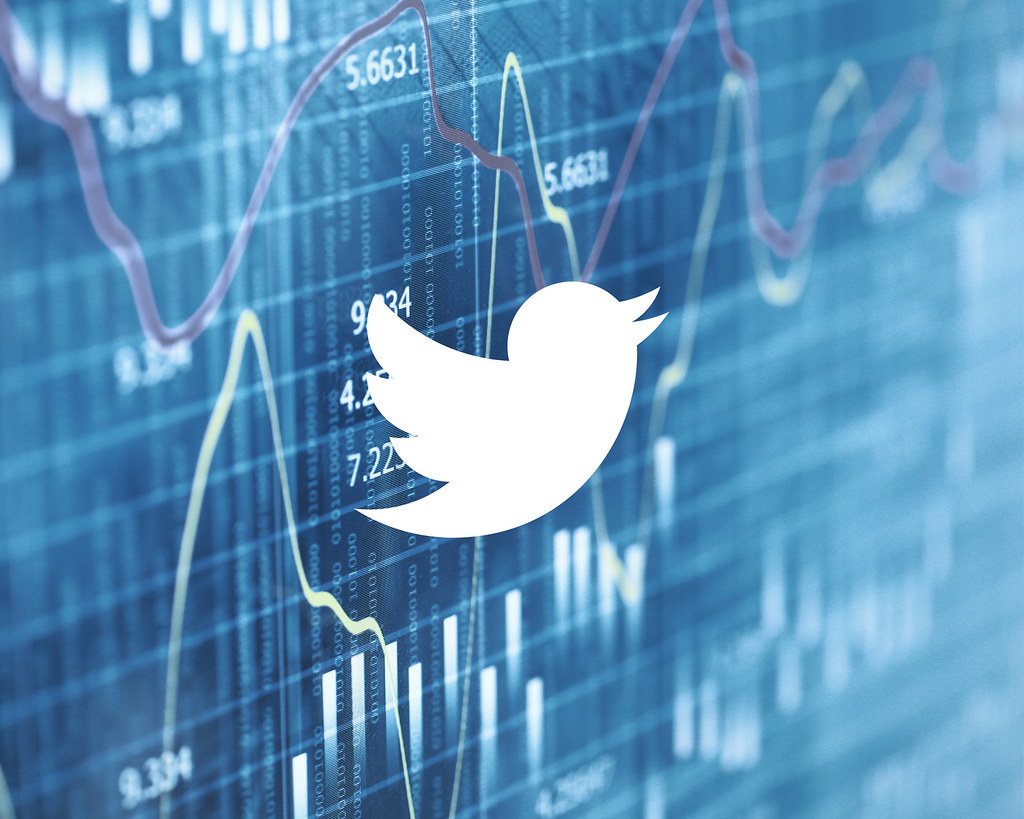If you’re considering purchasing Twitter stock, you may be wondering whether it’s a wise investment. While there are certain dangers to be aware of, Twitter looks to be a solid firm with a promising future. Here’s a deeper look at some of the variables to think about before making a selection.
Twitter is a social networking and microblogging website that allows users to broadcast brief messages, known as “tweets,” to a large number of people. It has grown to be one of the most popular social media networks in the world, with over 330 million active members every month. Twitter is widely used for the distribution of news and information, as well as networking and engagement between individuals and businesses.
Twitter’s financial performance has been a source of concern in recent years. The business has yet to turn a profit and has failed to maintain steady revenue growth. Revenue for the corporation in 2020 was $3.72 billion, a 1% decline from the previous year. However, advertising revenue climbed by 2% to $3.46 billion. Twitter’s share price has also varied, with swings reflecting investor opinions about the company’s future prospects.
Despite these issues, many industry analysts believe Twitter has a lot of room to expand, owing mostly to increased advertising revenue and the prospect of generating whole new revenue sources such as e-commerce. Investors will be watching the company’s progress in the next years, as well as any potential expansion in its user base and efforts to monetize its platform.
Pros of buying Twitter stock

One of the primary benefits of investing in Twitter stock is its large user base and great brand awareness. Twitter, one of the most prominent social media platforms in the world, has a significant user base that will definitely continue to expand in the future. This provides the organization with a stable foundation from which to fund itself through advertising and other methods.
Another benefit of purchasing Twitter stock is the anticipated growth in ad income. Twitter is in a wonderful position to benefit from this trend since more firms are directing their marketing dollars to digital advertising. The platform is a feasible alternative for marketers trying to reach specific audiences due to its ability to target certain demographics and geographic locations, as well as its appeal among influencers and public personalities.
Twitter may open up new commercial opportunities, including e-commerce. The business has begun collaborating with third parties to facilitate e-commerce transactions and has even begun experimenting with ways to allow users to purchase items straight from tweets. This might have a significant influence on the company’s future revenue.
To summarize, the major benefits of investing in Twitter stock include the company’s strong brand recognition, the potential for growth in advertising income, and new revenue streams such as e-commerce.
You may concern about another topic of Twitter
Cons of buying Twitter stock
One of the primary disadvantages of purchasing Twitter stock is that it is not profitable, despite the fact that its revenue is expanding steadily. Despite a large user base and strong brand awareness, Twitter has failed to generate continuous revenue growth and has yet to attain profitability. This may disturb investors who are concerned about the company’s capacity to create profits in the long run.
Another disadvantage of purchasing Twitter stock is the company’s reliance on advertising income. Although advertising contributes considerably to the company’s revenues, it also exposes Twitter to changes in the advertising market as well as variances in advertiser spending. If the organization is unable to diversify its income streams and minimize its reliance on advertising, it risks underperforming in the future.
Larger IT corporations that control the digital advertising market, such as Facebook and Google, pose a severe danger to Twitter. These businesses benefit from having far more resources and users, which allows them to attract advertising and monetize their platforms. As a result, Twitter may struggle to maintain its competitive edge while simultaneously boosting its advertising income over time.
In conclusion, the main disadvantages of acquiring Twitter stock are its lack of profitability and consistent revenue growth, dependency on advertising, and competition from larger digital enterprises.
Factors to consider before buying Twitter stock
There are several aspects to consider when deciding whether to buy Twitter stock.
Investors should first assess the company’s financial performance and future growth potential. Examining the company’s revenue, profitability, balance sheet, and cash flow is part of this. The company’s overall financial stability, future profitability possibilities, and expansion opportunities must all be examined.
Investors should also examine their own risk tolerance and investment objectives. Because Twitter stock is considered a high-risk investment, investors should carefully consider if it fits into their entire investing strategy and risk tolerance.
Third, investors should analyze the present state of the market and economy. To do so, it is required to examine both the general market environment (such as interest rates and economic development) and the specialized industry in which Twitter competes. It’s vital to think about how these elements can affect the company’s future success and possible returns on investment.
Finally, before acquiring Twitter stock, investors should assess their personal risk tolerance and investment objectives, as well as the company’s financial performance and future development prospects. They should also take into account the present situation of the economy and market.
Conclusion
When determining whether to buy Twitter stock, there are various factors to consider.
Investors should first evaluate the company’s financial health and prospects for future growth. This comprises investigating the company’s earnings, balance sheet, and cash flow. It is also vital to consider the company’s overall financial health, possibility of future profitability, and expansion prospects.
Investors should also consider their own risk tolerance and investment goals. Because Twitter stock is considered a high-risk investment, investors should carefully examine if it fits with their overall investing strategy and risk tolerance.
Third, investors should analyze the present state of the market and economy. It is critical to do so by considering both the overall market environment (such as interest rates and economic development) and the specific industry in which Twitter operates. It is critical to consider how these variables may impact the company’s future success and potential returns on investment.
Finally, before acquiring Twitter stock, investors should consider their individual risk tolerance and investment objectives, the firm’s financial record, and its potential for future development. The present state of the market and economy should also be considered.

